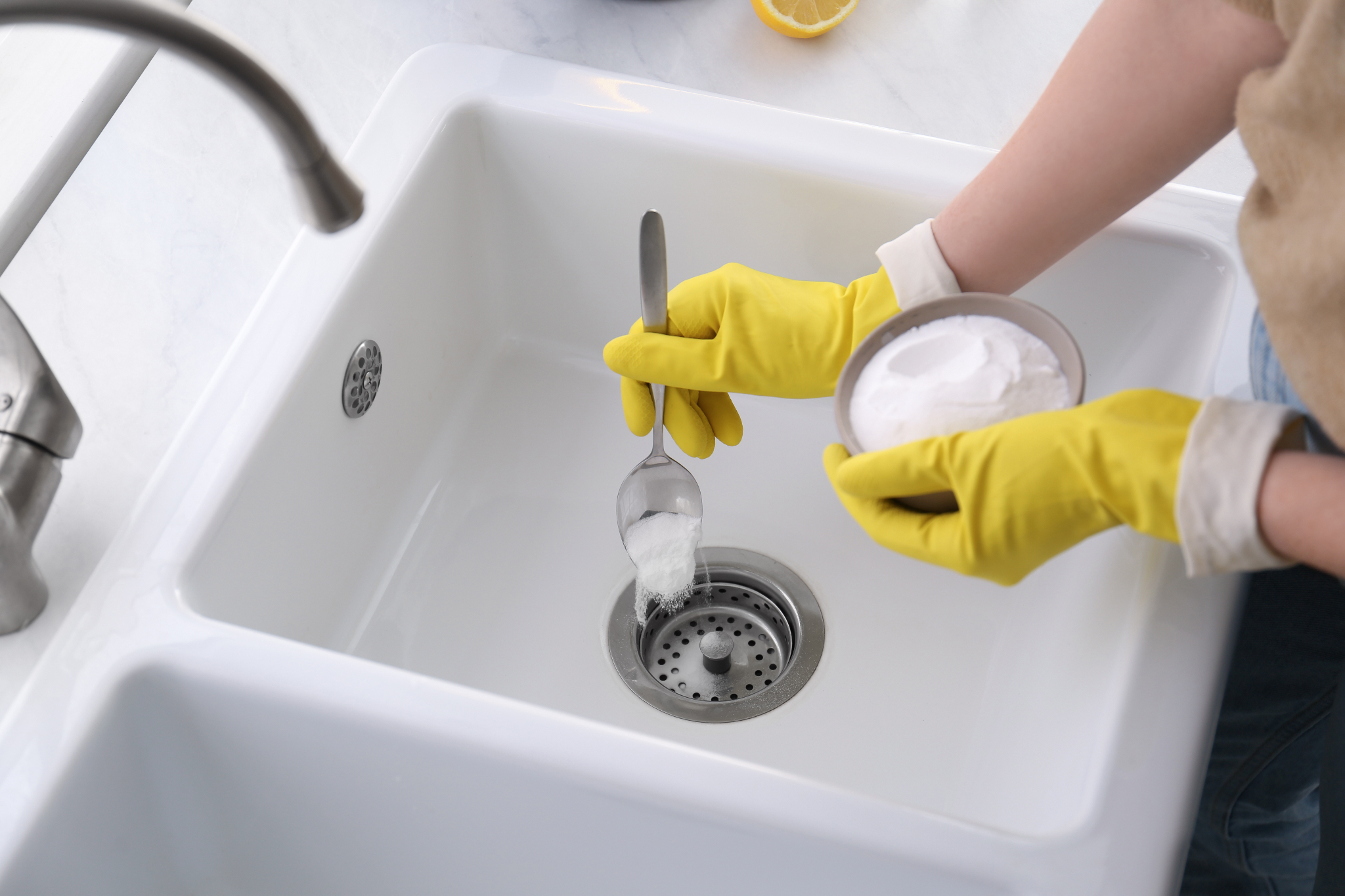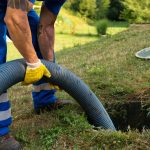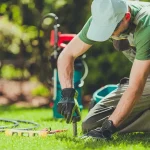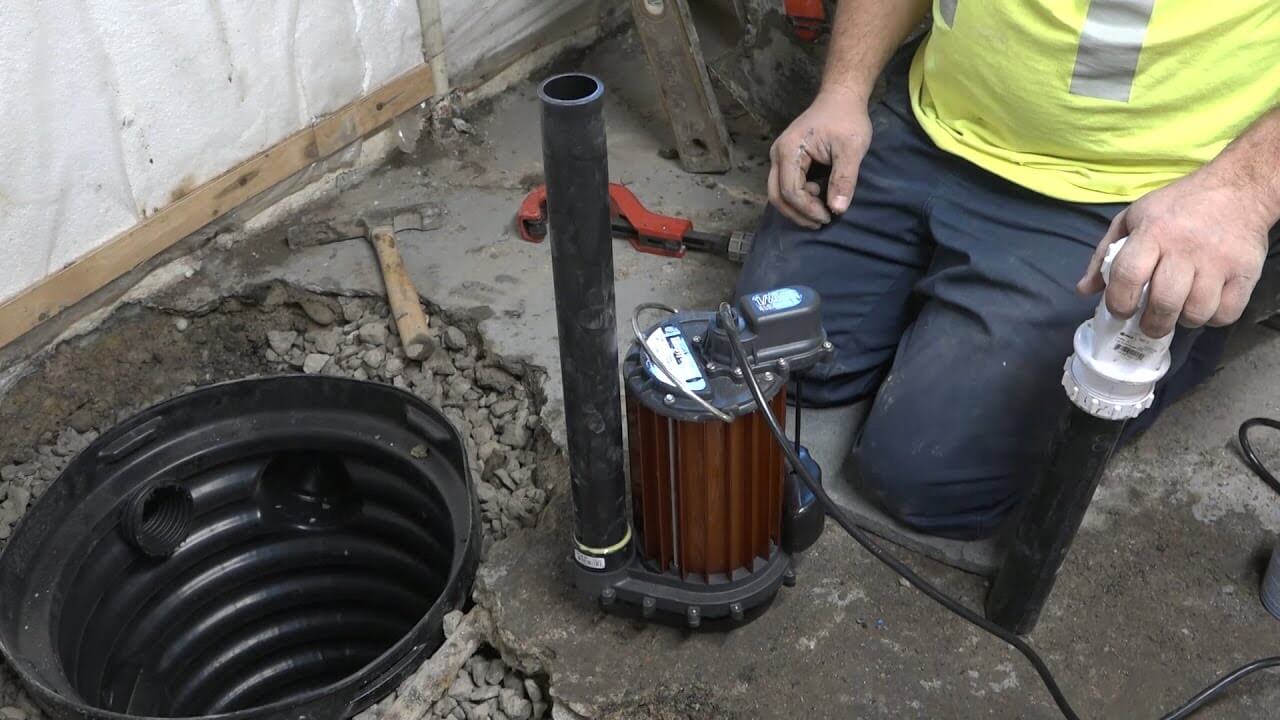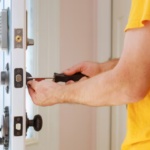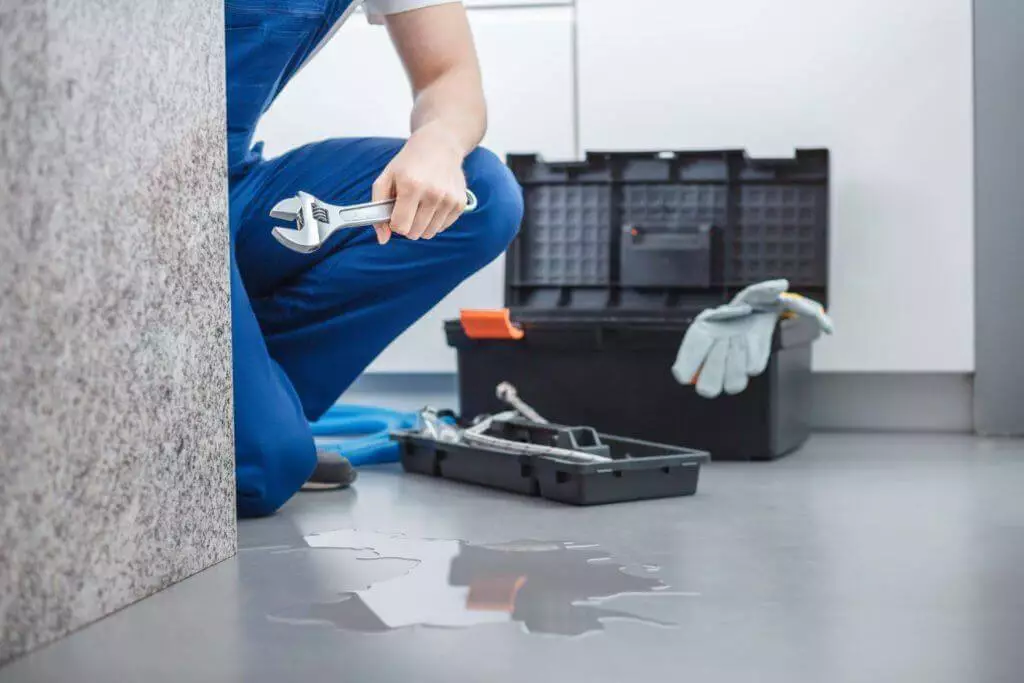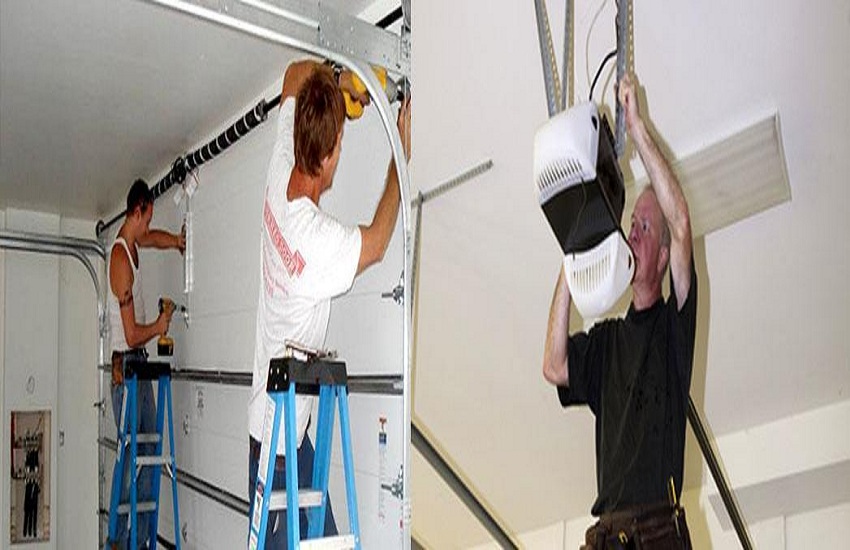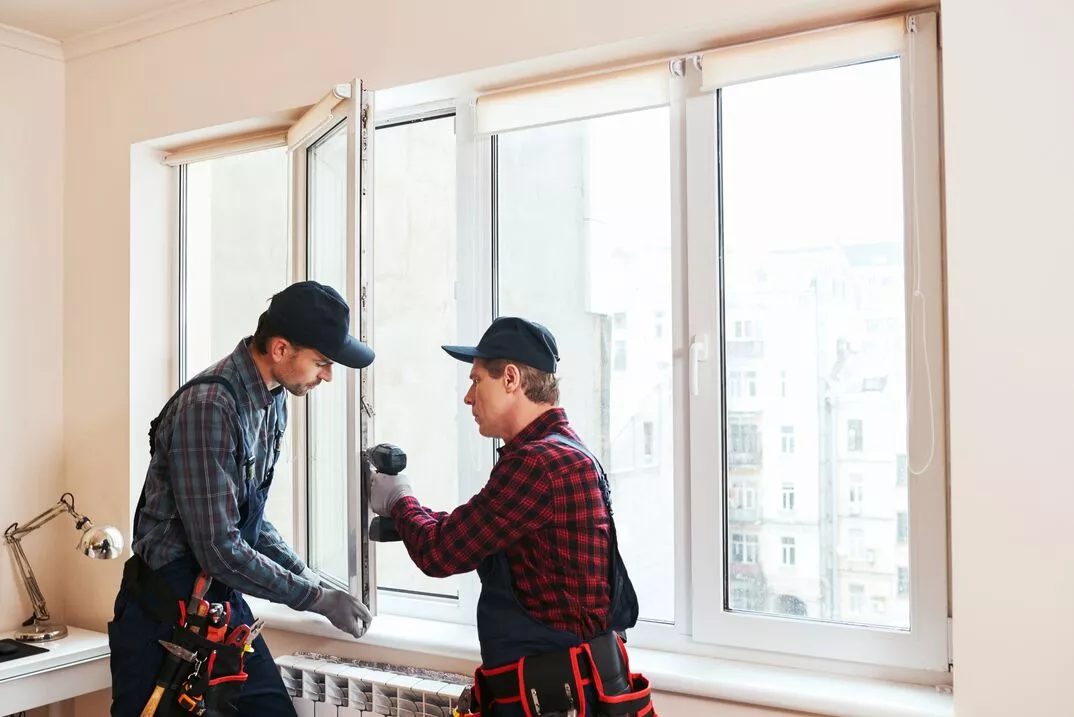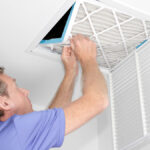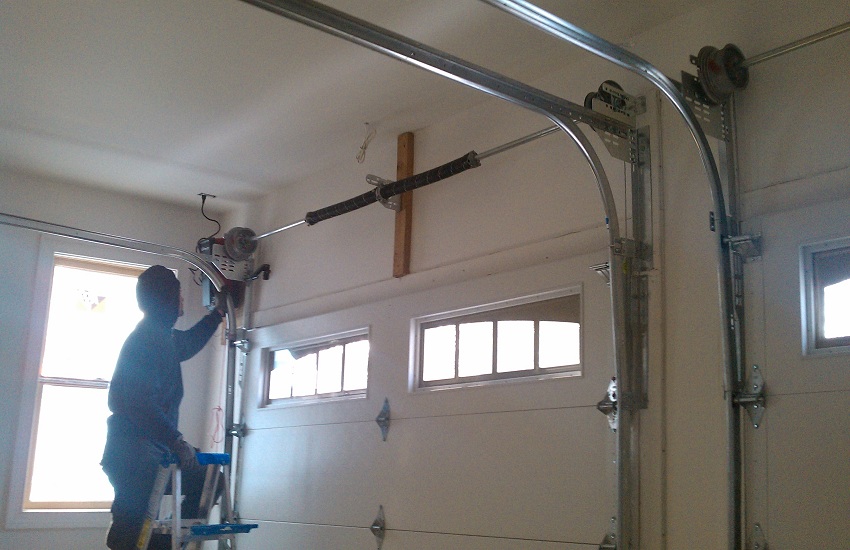When it comes to home maintenance, one of the most unexpected and urgent issues that can arise is a clogged or damaged drain. A clogged or leaking drain can swiftly turn from a minor inconvenience to a major disaster, causing water damage, foul odors, and even health hazards. Whether you’re an adept do-it-yourselfer or a homeowner looking to understand the basics, this detailed guide will equip you with the essential knowledge and steps to handle drain emergencies effectively and efficiently.
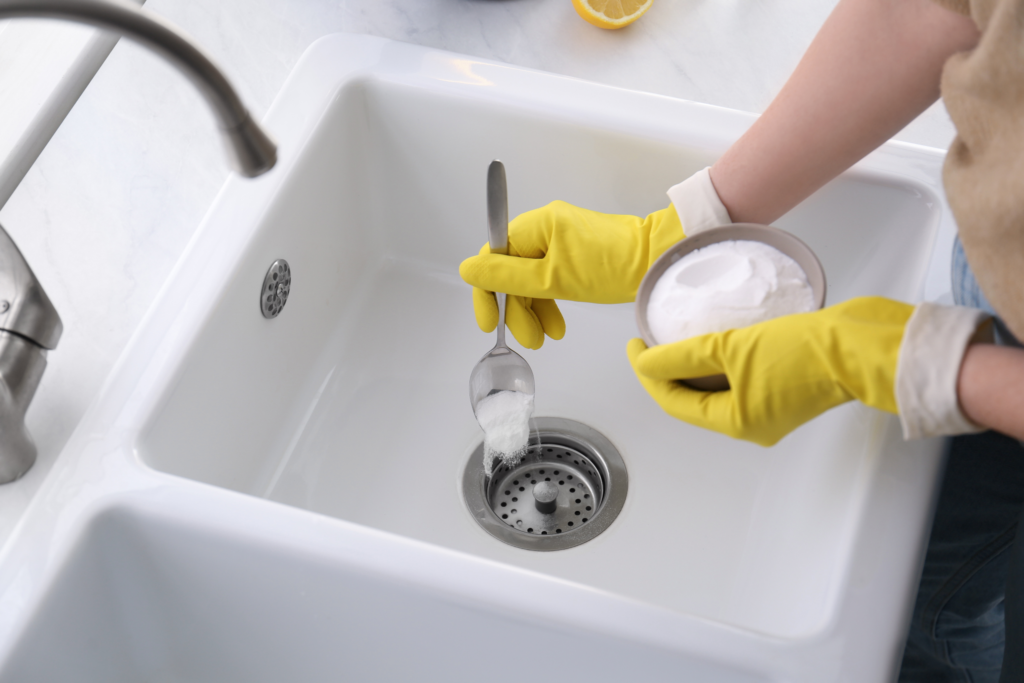
Content
Identifying the Problem
The first step in emergency drain repairs is identifying the problem. Common signs of a clogged drain include slow draining, gurgling noises, and foul smells from your sink or tub. If you notice these signs, act quickly to prevent further damage.
To determine the cause of a clog, you can use a plunger or drain snake to clear the blockage. If these methods are unsuccessful, removing and inspecting your pipes for any obstructions may be necessary. Additionally, if you suspect a leak in your drain, turn off the water supply and examine the pipes for any cracks or damage.
DIY Solutions
For minor clogs, several do-it-yourself solutions can effectively clear your drain. Some common methods include pouring boiling water down the drain, using a mixture of baking soda and vinegar, or utilizing a store-bought drain cleaner. However, it’s important to use caution when handling chemicals and follow the instructions carefully.
If you cannot clear the clog yourself, it may be time to call in a professional. They will have the necessary tools and expertise to tackle more stubborn blockages.
Preventing Future Emergencies
Once you’ve resolved the immediate issue, take steps to prevent future emergencies. Regularly cleaning your drains with hot water and a mixture of baking soda and vinegar can help keep them clear of buildup. Additionally, avoid disposing of grease, oil, or large food particles down your drains to prevent clogs.
It’s also a good idea to have your pipes inspected and maintained by a professional on an annual basis. This can help identify potential issues before they escalate into emergencies.
Following these tips and being proactive in your drain maintenance can avoid costly emergency repairs and keep your home running smoothly. Remember to always prioritize safety and seek professional help if needed.

Wesley is a home improvement blogger who strives to improve his life and the lives of others. He provides homeowners with helpful tips on how to renovate their homes. His goal is not only to provide easy-to-follow instructions, but also share his own personal experiences for those seeking guidance.

